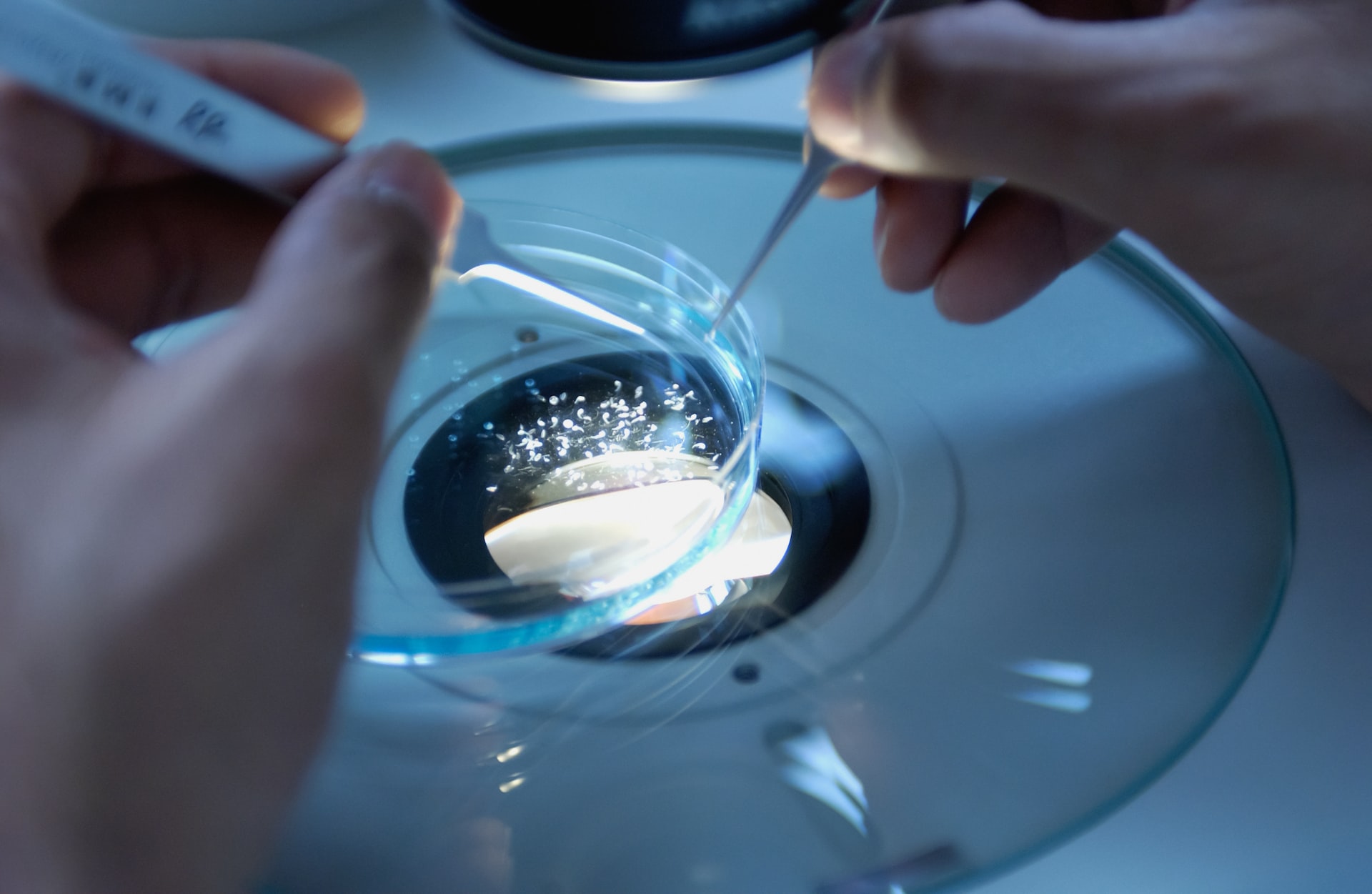How Does Technology Help Medical Research?

VR
In the last few years, the use of virtual reality (VR) has grown considerably. It is now used extensively in the entertainment industry, but has a very important role in medicine. This technology helps medical students prepare for real-life operations, while also improving the capabilities of current surgeons. The Microsoft HoloLens headset enables users to gain knowledge about human anatomy through an app called HoloAnatomy.
Electronic Formats
Medical technology has revolutionized the field of medicine. While paper-based data collection is still practiced to some extent, the healthcare industry is moving towards storing everything in electronic format. This makes the creation of medical history documents much easier and less time-consuming. Previously, medical practitioners had to create files manually, which resulted in lengthy wait times.
Connected Health Devices
Connected health devices can help doctors diagnose patients better than ever. Some of these technologies are wearable, such as fitness trackers or smart electronic devices that send health stats to a mobile application. They can help patients change their routines or incorporate new activities. The CardioIntelliSense BioSticker, for example, can provide doctors with vital information about a patient’s heart rhythm and cardiac behavior. The BioSticker can also monitor skin temperature and breathing patterns.
Modern Healthcare Technology
Modern healthcare technology has made patient care safer and more reliable. Nurses and doctors now use hand-held computers to record patient history and check treatment. Electronic databases are also used to record lab tests and vital signs, and medication orders. Electronic databases also provide patients with easier access to their own personal information. Scientists can study trends and develop better treatments using this information.

Ryan is a journalist specializing in India’s economic landscape, covering topics like business trends, innovation, and the growth of small and medium enterprises.